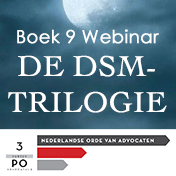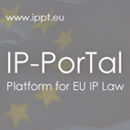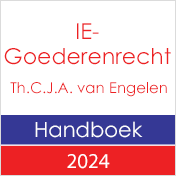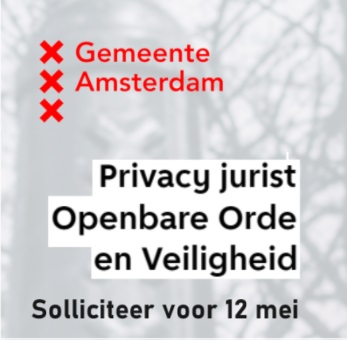Draft reports voor regulering van dwanglicenties in crisis, geneesmiddelen en gewasbescherming
23-10-2023 Print this page
The balance between IP rights and other rights and public interest has continuously been discussed and reassessed amid societal changes, technological developments, and crises. Hence, it comes as no surprise that the COVID-19 crisis once again underscored this matter. During this period, the competing interests included ensuring access to health products while simultaneously safeguarding the vital innovation incentives required for the advancement of new health products, such as vaccines and therapeutics.
The main concern for the rapporteur revolves around how we can maintain the equilibrium and motivation for innovation while guaranteeing rapid access to essential products and technologies during crises.
The rapporteur acknowledges the Commission’s intention to establish a cohesive Union-level compulsory licensing framework aimed at efficiently managing crises. This Regulation, as outlined by the Commission, strives to ensure that during specific crises or emergencies, a Union compulsory license can be efficiently issued for certain products? Nevertheless, certain central aspects of the proposed Regulation require being further developed/clarified to ensure legal certainty and to be able to efficiently respond to crises.
The scope of the Regulation, particularly regarding the definition of a 'crisis', raises concerns, as article 4 relies on the definitions of 'crisis mode' and 'emergency mode' in the Annex, without providing a definition of these modes in the operational part of the proposal. Furthermore, the ambiguity surrounding the inclusion of know-how and trade secrets, vital to expand the production of certain products during times of crisis, requires more concrete action. Both as regards the definition of the know-how necessary for the manufacturing of certain products, and the conditions under which the Commission can oblige right-holders to disclose this information. The governance structure, notably the role of the advisory body, remains undefined, merely referencing the advisory bodies from the crisis instruments (SMEI, Regulation (EU) 2022/2371, Council Regulation (EU) 2022/2372, Chips Act and Regulation (EU) 2017/1938). Furthermore, questions arise concerning the manner in which the Compulsory Licensing Scheme fosters voluntary agreements. Moreover, the absence of a clear access to a judicial review of the Commission's licensing decisions is of significant concern.
In terms of conferred powers, the JURI rapporteur sees insufficient guidance regarding the calculation of remuneration and the variables to be considered therein. The vague description of the powers granted to the Commission under additional measures also requires further clarification.
On this basis, the rapporteur emphasizes the need to refine the Regulation to bolster its effectiveness and achieve a harmonious balance between ensuring swift crisis response and maintaining robust legal clarity.
Draft report voor regulering van dwanglicenties in crisis:
- compulsory licensing for crisis management
Gelijktijdig gepubliceerd met deze DRAFT REPORTs on the proposal for a regulation of the European Parliament and of the Council on:
- the unitary supplementary certificate for medicinal products
- the supplementary protection certificate for medicinal products (recast)
- the unitary supplementary protection certificate for plant protection products
- the supplementary protection certificate for plant protection products (recast)



























































